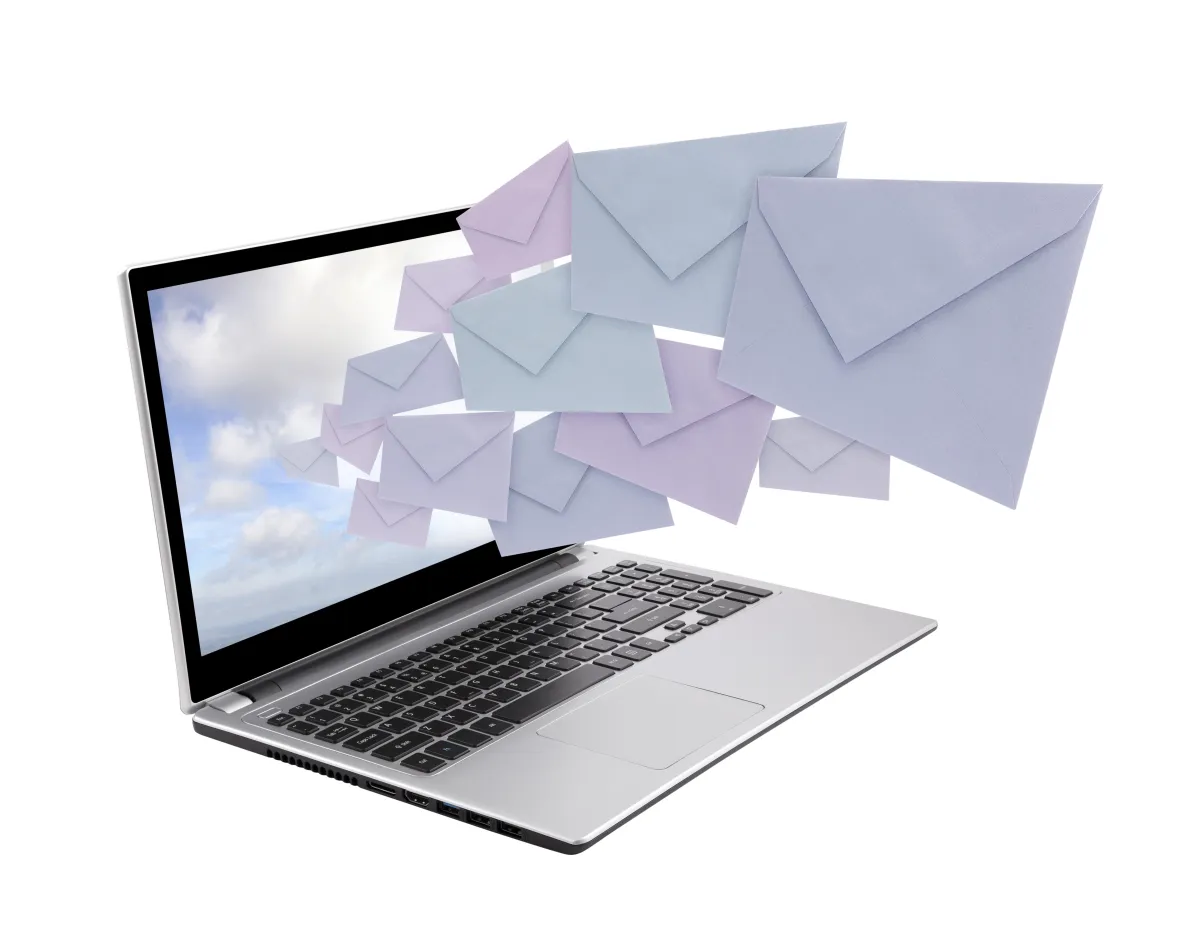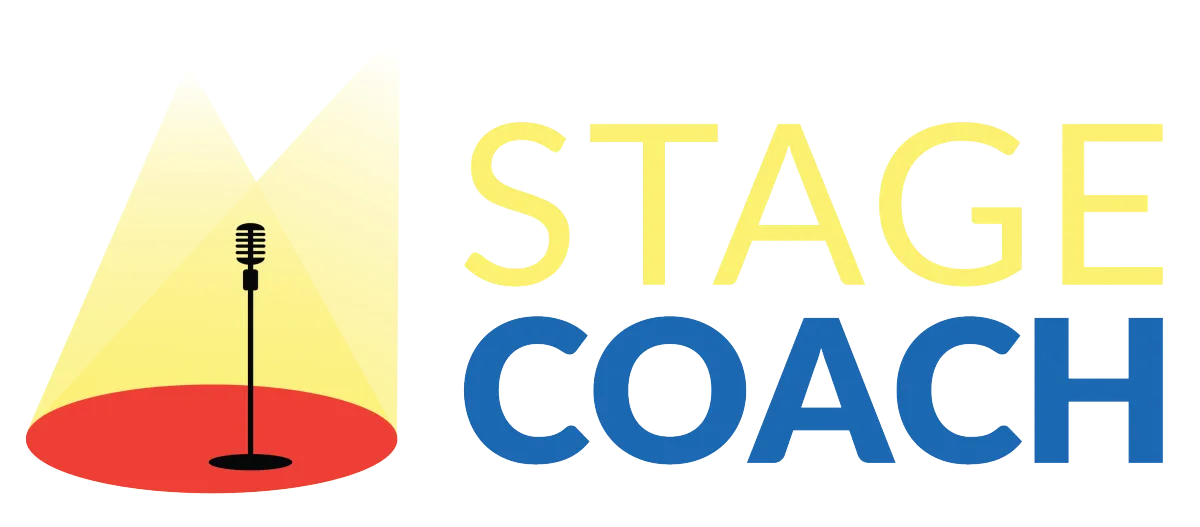Welcome to Speaker Tips
Practical Communication Help from Alan Hoffler – Keynote Speaker, Author, Teacher, and Public Speaking Coach
Whether you're giving a keynote, leading a meeting, or presenting online, strong communication skills are essential. Here, you'll find expert insights on storytelling, presentation techniques, audience engagement, and more—everything you need to speak with impact.


One Email That Should Never Be Sent: Oh, and "Thank You."
(Originally Published August 2013)
In a class I was teaching yesterday, we engaged in some healthy debate on the issue of email etiquette and efficiency.
First, I think most everyone in business agrees that they receive too many emails and their productivity with the tool could be improved. In teaching email efficiency, I assert that every email should have an objective, namely, that every person who receives the email should have an action to take as a result. The action could be read, file, leave, think, forward, or schedule. But DELETE is the weakest of all actions, and if that’s the only thing you expect me to do with your email, we’d both be better off if it had never been sent.
Take the email to the right. Admittedly, this is an instant sort of conversation that would be better suited to texting, but email it is. What am I to do with an email that says, “Thank you!?” I could respond “You’re welcome!” but that just further exacerbates the problem. Most likely, all I do is delete it. But it took me several seconds to do that.
Before you jump and say, “Lighten up, Hoffler, it’s just a few seconds,” perhaps you should read how much email is costing us. My view. And the Wall Street Journal’s.
A student countered, energetically, “But sometimes it’s just POLITE!” I’m guessing she was raised in the South. If you want true politeness, get out of your easy chair and walk down the hall and talk to them. Or, pen a handwritten thank you note and send it via the USPS. THAT’s cordiality.
But in the business context, if we want to actually get something done, we need to reduce the amount of time we spend reading — and writing — communication that doesn’t do anything. A Thank You email is one of those.
Make your emails have a clear objective for everyone who receives it.
Communication matters, what are you saying?
Anyone can become a GREAT communicator! People who want to be great at something study and practice to get better. They also find coaches and mentors who can take them from where they are to where they want to be.
We created Online Stage Coach to help your journey to becoming a more excellent communicator. View our latest list of online courses by following this link: https://onlinestagecoach.com/home#section-ipXH4QgYUu
For those who want accelerated guidance, remember our workshops and coaching services through MillsWyck Communications, the parent company of Online Stage Coach, give you specific training tailored to you. Check out these services at https://www.millswyck.com/.

